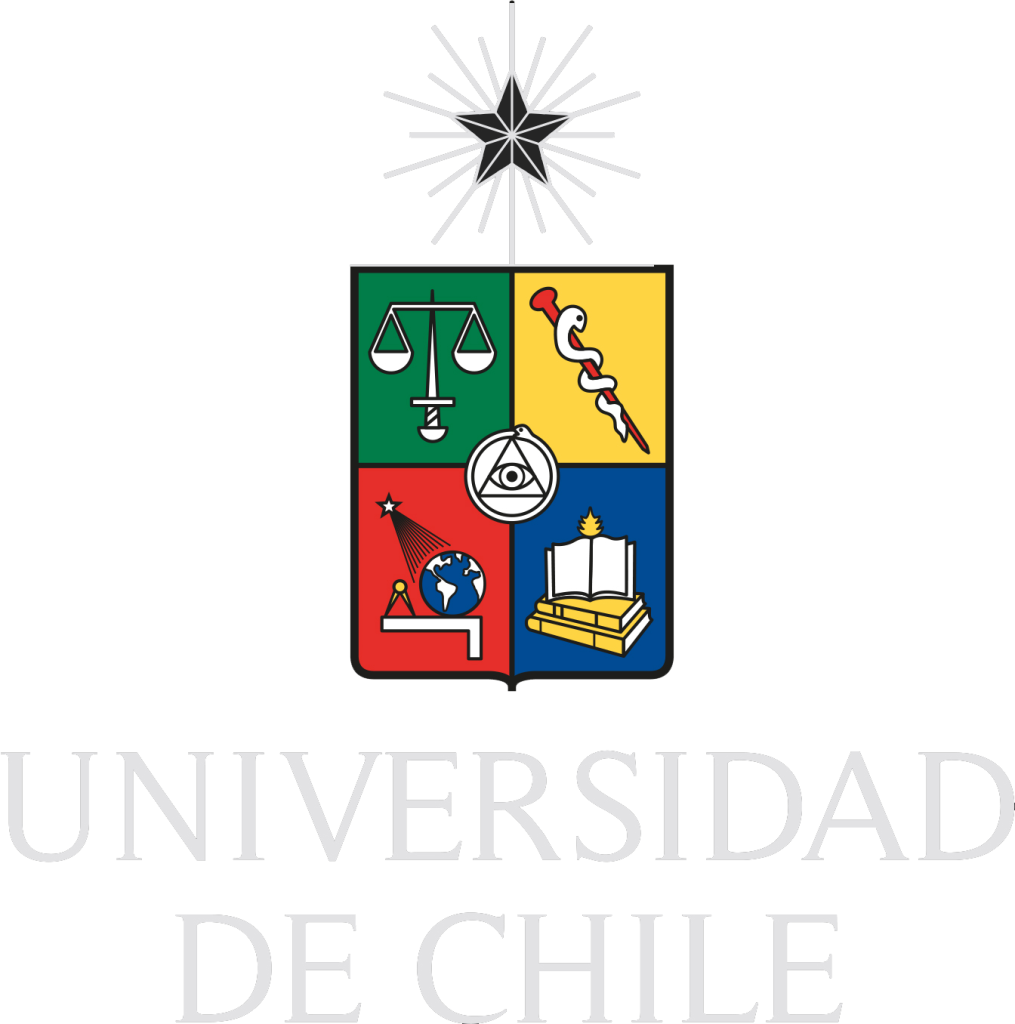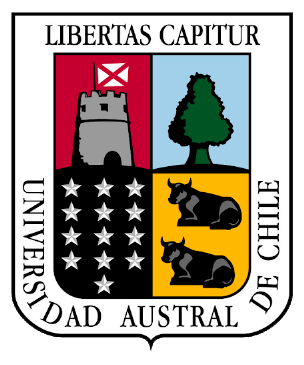Dra. Alejandra Álvarez

Dra. Alejandra Álvarez
Principal Investigator Universidad Católica.
I have a BS in Biochemistry and Ph.D. in Biological Sciences from UC, specializing in Cellular and Molecular Biology. My training in Cellular Biology is extensive, with a focus on cellular signaling and neuroscience. Since my doctoral work, I have been particularly interested in the molecular mechanisms underlying neurodegenerative diseases. My doctoral thesis focused on characterizing the effect of acetylcholinesterase on Aβ peptide aggregation. During my postdoctoral fellowship, I studied Tau phosphorylation in Alzheimer’s disease (AD), gaining experience in evaluating signal transduction pathways involved in neuronal death and cytoskeletal alterations associated with neurodegeneration.
In 2002, I joined the Department of Cellular and Molecular Biology at the Faculty of Biological Sciences of UC. Since then, I have been actively involved in research aimed at understanding the molecular mechanisms underlying the genesis and progression of various neurodegenerative diseases, particularly studying the role of the tyrosine kinase signaling molecule c-Abl in these processes.
Our work has demonstrated that c-Abl kinase is a key signaling molecule in AD pathology. We discovered that c-Abl is activated in AD models and mediates neuronal death, tau phosphorylation, and cognitive impairments. Furthermore, we showed that Aβ oligomers bind to the EphA4 receptor, triggering c-Abl activation, which leads to synaptic loss and disruption of learning and memory processes. We found that c-Abl activity increases HDAC2 levels, inducing genetic repression of key synaptic genes. Our results highlight the critical role of dysregulated c-Abl signaling in synaptic dysfunction and loss in AD. Recently, we described the involvement of c-Abl in synaptic plasticity and learning, and how its dysregulation contributes to seizures in epilepsy models.
In collaboration with Dr. Silvana Zanlungo from the School of Medicine at the Pontifical Catholic University of Chile, I have conducted research to understand neuronal damage mechanisms in Niemann-Pick disease (NPC), focusing particularly on the most affected cells, neurons. We described the role of c-Abl kinase in apoptosis in NPC models, where it modulates the pro-apoptotic protein p73. Our studies suggest that c-Abl is a promising therapeutic target for both AD and NPC treatment.
Recently, I joined the Millennium Institute for Immunology and Immunotherapy where we have initiated collaborative research with Dr. Pablo González to study the involvement of pathogens (viruses and bacteria) and neuroinflammation in the progression of nervous system pathologies.
I have received financial support for our research from both national projects and international foundations. I have successfully managed these projects, including personnel management, communication and dissemination of results, and budget oversight. I have also collaborated with other researchers and published several manuscripts analyzing the mechanisms involved in AD pathology and other neurodegenerative diseases, exploring their potential as therapeutic targets.
I have mentored numerous undergraduate and graduate students as well as postdoctoral researchers, providing extensive experience in human resource development. Additionally, I served as Head of the Ph.D. Program in Cellular and Molecular Biology at the Faculty of Biological Sciences of UC. ISI-PAPERS (July 15, 2024) = 85, Google Scholar: H index = 40, H index in the last 5 years = 27, total citations = 7485, citations in the last 5 years = 2500.






